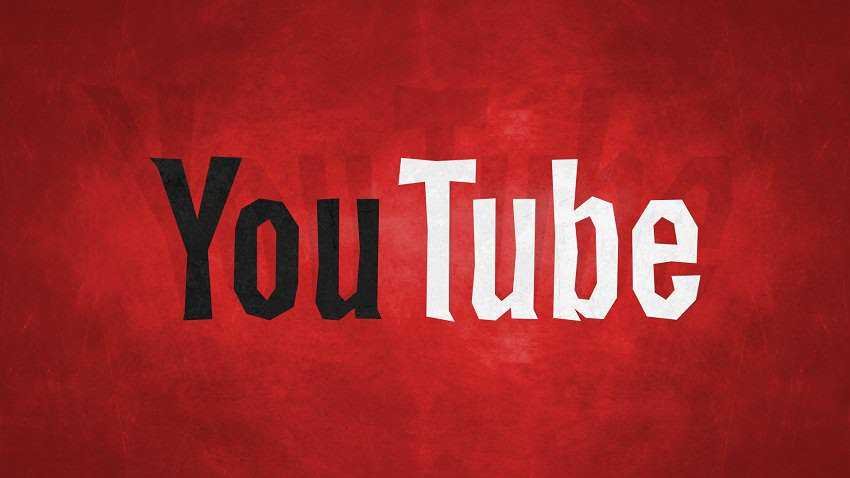Have you ever wondered why Google created the YouTu.be domain? There is a whole logic behind this. Let's see.

The YouTube as you all know it is the most popular hosting service video. In it you can register and upload your personal videos. That is why it has millions of videos on its servers and each of them has its own url address.
The most common address you all know is YouTube.com, but it has certainly seen some other addresses that lead to Youtube videos, such as YouTu.be. Have you ever wondered what exactly is the difference between YouTube.com and YouTu.be URLs? And why did Google bother to create an address below the end of Belgium (be) ?.
What is a domain?
Domain (domain name or domain name) is a system for naming sites on the Internet. Each one is unique and related to an IP. Domains consist of a name and a suffix called and Top-level domain name (TLD). There can be two, three or even four levels.
When the suffix is one of the com, org, net, edu, gov, pro, name, biz and a few others, it is generic top-level domain name (gTLD = general top-level domain). Youtube.com falls into this category since it has a .com ending
YouTu.be is a TLD country code (also known as ccTLD). The "domain_name.be" has been assigned to the country of Belgium. Respectively .gr in Greece, .it in Italy and so on.
As .com stands for Domain Name for a Business Entity, the founders of YouTube originally chose YouTube.com as their worldwide video sharing service. This domain name was registered on February 14, 2005.
In 2006, Google acquired YouTube, and in 2009, Google released the domain name YouTu.be. Here .be means Belgium. Although .be is a Belgian ccTLD, there is no rule prohibiting non-Belgian entities from registering a .be domain name. So Google patented this .be domain name for a global purpose.
ccTLDs can be registered by anyone in the world and for any purpose. In some cases, ccTLDs are registered for a purpose other than denoting the country name. In the case of YouTube.be, Google made one game with the letters. Similarly, some websites related to TV have a .tv domain name. But the .tv domain name is not generic and does not mean TV! In fact, it has nothing to do with television. .Tv is the ccTLD for the country of Tuvalu. That's why assigning .tv names is a good source of income for Tuvalu's annual budget.
But why did Google create YouTube.be?
In 2009, Google patented YouTu.be as a way to shorten YouTube URLs. At that time micro-blogging websites (especially Twitter) had become popular. These sites allowed users to post messages consisting of a small number of characters.
For example, Twitter allowed posts with a maximum of 140 characters (now this limit has changed). Therefore, it was important that the URLs to YouTube be as small as possible so that users could easily share them on popular sites, such as Twitter.
Apparently not wanting to disturb the nomenclature that already existed (and still exists) on YouTube.com, Google used a different domain and that was Youtu.be. With the release of the YouTu.be domain name, Google has reduced the URL of a video by 15 characters.
Notice the difference between the following two urls:
https://www.youtube.com/watch?v=X40Tr3Q-BvE
and..
https://youtu.be/X40Tr3Q-BvE
They lead to the same video only the 2nd url is 15 characters shorter.
Of course Google could further shorten YouTube URLs if it reduced the number of characters in the video ID (section X40Tr3Q-BvE). But as you know, YouTube is a huge video sharing platform.
To uniquely identify each video, Google needs an ID with a fairly large number of characters. So he can not compromise on this piece. But by creating the YouTube.be domain name, Google cleverly saved 15 characters. People who love Twitter will easily understand the importance of this savings!





